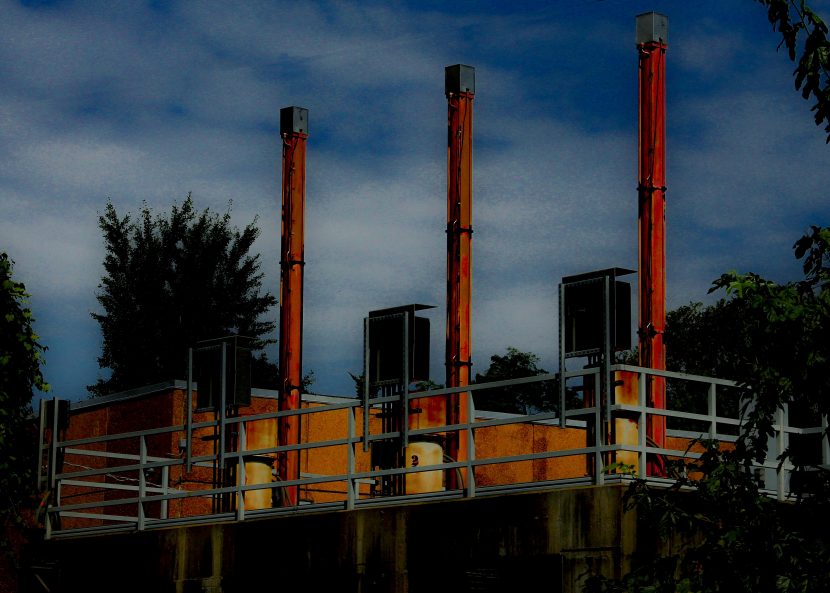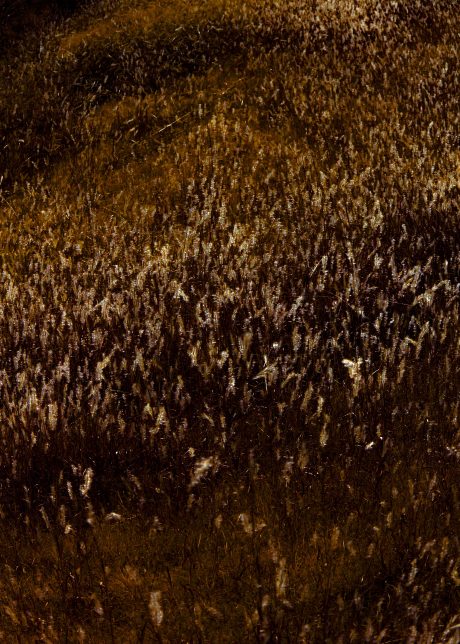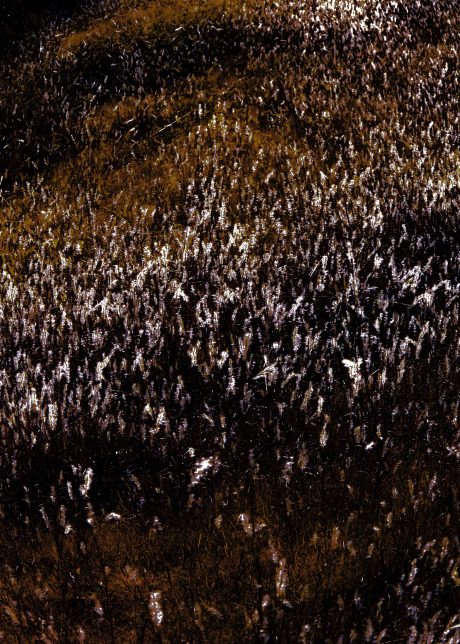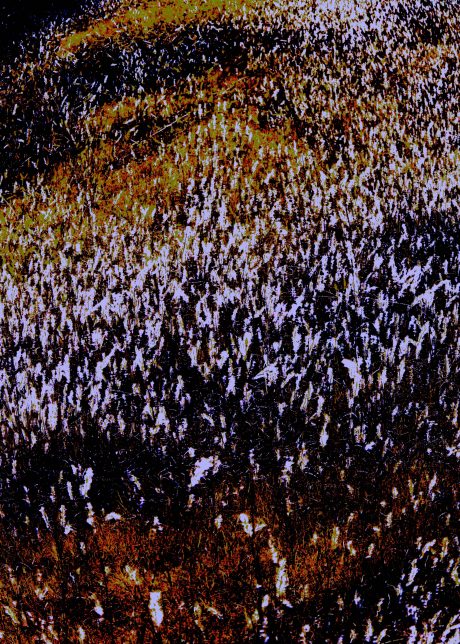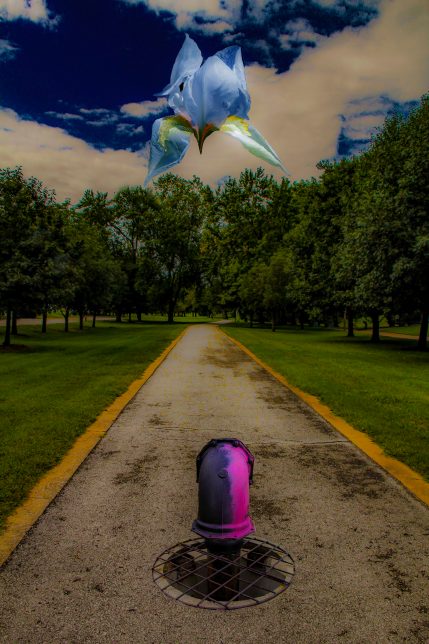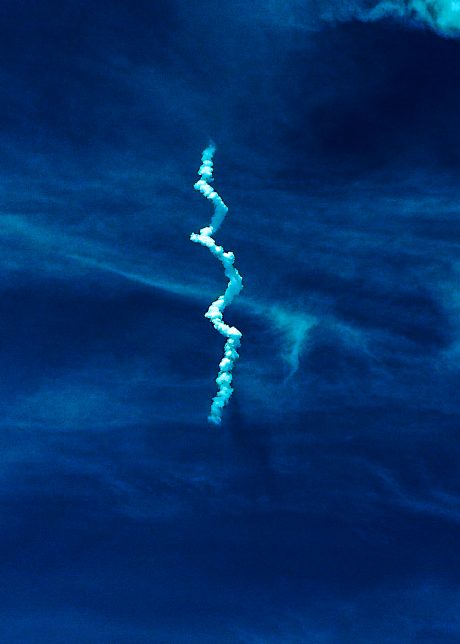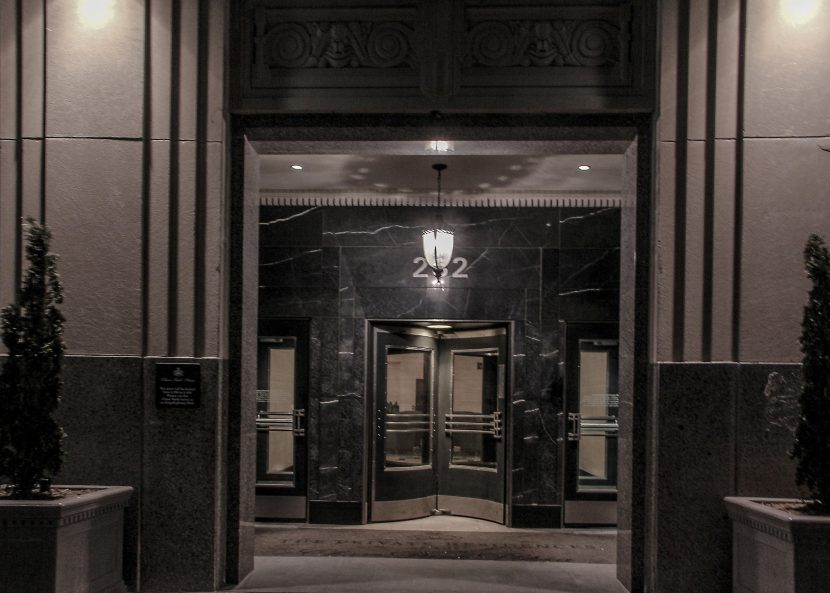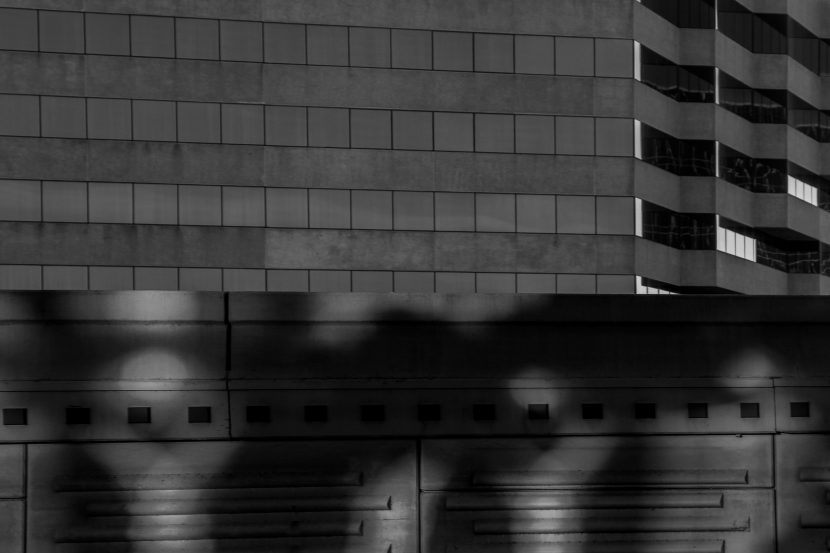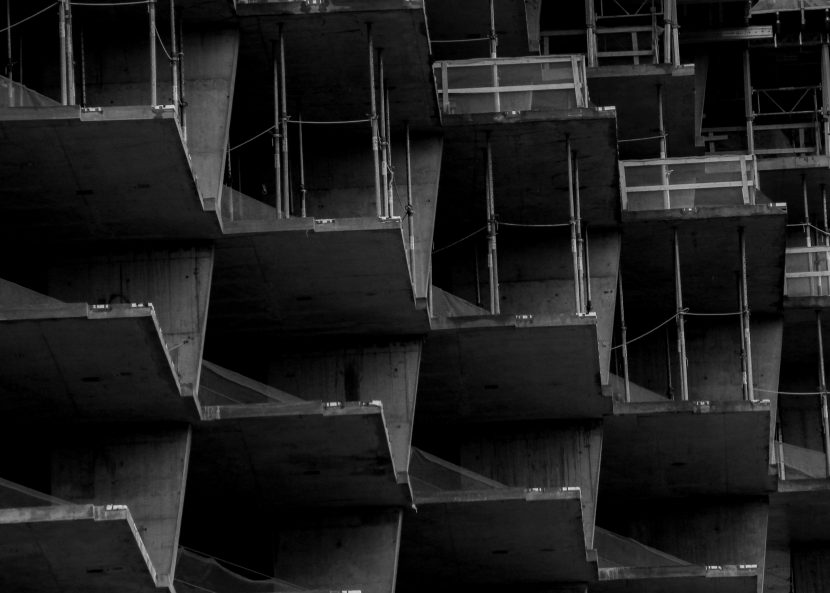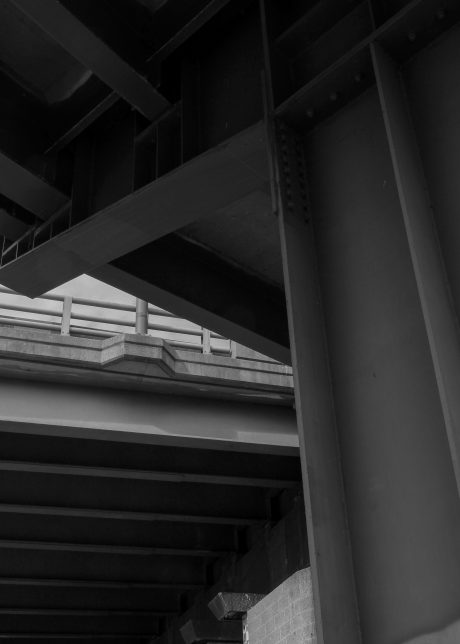Things pile up.
In 27-some years of living in my house, debris accumulates. Not dust, that can be swept up, wiped away—redistributed—but Stuff. Books, papers, nick-knacks, unquantifiable objets-d’art. A long list of “do you know what this is, where we got it, do we want/need/feel impotent to discard it?”
In my case, books, music, movies. Media. I am an art packrat. A “pack-art” or an art rat or some such. My shelves are full, the stacks are growing, and I find myself unwilling to part with any of it, because it all means something. I have a three foot shelf of books about the Napoleonic Age I am loathe to be rid of because they are research for a trilogy I have written but not sold and on the off-chance I need to do further work on that trilogy, I do not want to lose the books. (I have another, seven foot shelf, of books about the Civil War and Reconstruction Era for a novel which never got out of the note stage, but which I very much want to write, so I’m hanging on to the books.) I have piles of books I want to read, but have no idea when I’ll get to them, and some of them will be rather beside-the-point if I don’t get to them soon.
Then there are the sheaves of notes. Story ideas, phone numbers, websites, research comments, scribbles. Some of it goes back 30 years and I can look at the words and wonder just what that was all about.
The music and videos are another matter. I listen to music a lot. I love movies and television shows. But we now have Netflix, which adds to the obvious impossibility of “catching up.” I’m beginning to think about that during retirement, but then there are all the books…
It is my past and I am unwilling to bury it.
A bit of morbid darkness creeps in sometimes, looking at all this. Leaving it all behind for others to pick through, assuming they will. More likely it all just goes out the door. No one in particular will know the history of acquisition behind it all.
Which for the most part doesn’t bother me.
But I am an artist. I don’t mean that in any egoistical sense, only in that I have spent my waking life creating things, ostensibly beautiful things, for the pleasure of others. I have spent almost as long puzzled that no one really gets to see much of it. I am—have been, remain—terrible at self-marketing. I have tens of thousands of photographs going back to my adolescence. Most of it unremarkable, journeyman work, forgettable if not just bad. But there are some good images.
I have nothing in place to secure the future of that body of work.
The writing is different. I’ve managed to get it out there, in front of people, and I am modestly able to claim some kind of imprint on the public. Not much, but it won’t all just vanish.
My music is yet another matter still.
But it is there. All of it. Sitting beneath the surface of a life.
I wonder how other people anticipate the evidence of a life lived. I had every intention of being more or less orderly, with a place and a context for each important object. The filing system of my experience should have been like a gallery, through which one might stroll and see everything. Instead, it’s more or less a mess. A comfortable one, for the most part, but sometimes I see the need to impose order, just so it doesn’t look like it needs throwing out.
Purges can be therapeutic, though, never mind the freeing up of space. There is the mental drag of always being reminded of what you haven’t done yet.
Maybe it’s the writer in me, but I wonder about the workers tasked with throwing things out of suddenly vacated houses or apartments. Are they aware that they are excavating lives? Not curating, though. That’s what concerns me now.
I had other plans for my ecology.
I think “ecology” is a useful way to look at one’s life, the furnishings, the rituals, the care. Healthy ecologies extend across the entire spectrum of possibility and desire. We assemble them over life. Early on, it’s a matter of adding things in, then arranging them, and finally some weeding becomes necessary.
But there’s some comfort in all that surround. Familiarity, at least. And throwing things out can sometimes feel like self-surgery.
It is true, though, that sentimentality can become a trap. It can feel better than the here and now, especially since it is so malleable. Sentiment (as well as a constantly reshuffled memory) rewrites history for us. Not only pain, but everything acquires a temporal gloss. Like the speed of light, the closer we approach precision, the harder it becomes, and we can never quite get there. We assume record-keeping, memorabilia, scrapbooks, and the components we build to represent our lives (to us as well as to others) will make it easier.
I’m not sure what that means, though. As the past recedes, faster and faster, dopplering out of reach sometimes, the objects meant to remind become in themselves the thing of which we are reminded. Not the event or the people or the place, but the thing. At which point we have to question if it is worth keeping. If the memento no longer memorializes but, perhaps, just takes up space for something more valuable…
These are certainly personal considerations. But it may be that the same applies to larger matters. How much do we keep as a community? As a city? As a nation? At what point do the things meant to memorialize take on a self-importance that supplants the legitimate memory and thus become blockages, impediments, worse than useless? What might we learn or discover in their absence? What might we become if no longer encumbered by the distorted memorials of a past which may have no real relationship to what we were and certainly not to who we are?
If I finally get rid of that pile of old notes, will it change who I am? Probably not. But it might let me be who I am with a little more clarity.
Something to think about.

